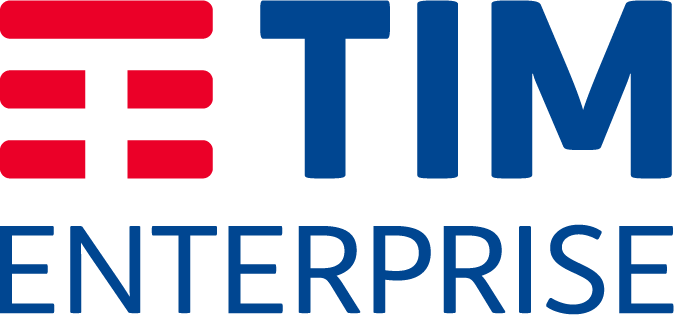Businesses must now consider these changes in the context of their operational requirements, not least when entering mobile contract negotiations.
Planning for an unwritten future may seem daunting. But by following a few practical steps an effective outcome can be secured, and unanticipated costs can be avoided.
To help guide you through it, here are some tips on negotiating a ‘right-fit’ mobile contract for multiple countries simultaneously.
1. Centralise
There are clear benefits to approaching the negotiation centrally. Two key commercial advantages are procurement efficiency, and the appeal to prospective vendors of bidding for a scale opportunity. A centralised process also eliminates the risk that national branches will receive inferior contractual conditions than the global headquarters, or that contract end dates will be inconsistent. More about this later.
To realise the benefits of centralising the purchase of mobile service, consider an organisation such as the FreeMove Alliance. It allows businesses to access the services of Europe’s leading mobile phone providers, covering 51 countries. A single contract offers a clear international framework agreement, with centralised cost and usage reporting, and uniform quality standards.
2. To RfP or not to RfP…
Surely it all starts with an RFP, right? Well, not necessarily. Although there are potential advantages in process efficiency and ease of comparison, RFPs are extremely time-consuming and typically require costly management consultancy support.
They also discourage providers from bringing creative proposals or strategic consultation to the table. The highly regimented process can sometimes compromise the overall result if new ideas are discouraged. Mobile is a dynamic and constantly evolving area, and The Freemove Alliance regularly provide these valuable consultancy services to their clients.
3. Get started early
Shortage of time weakens your negotiating position, often resulting in simply continuing with the status quo. Mobile agreements can be complex, and to be truly effective they need to be tailored to the client’s specific needs. So start talks at least six months before the end of the contract.
4. Look at coverage and capabilities
It’s great to negotiate a competitive tariff, but pointless if parts of your business don’t have sufficient signal reception. So establish which providers can offer you the coverage you need.
Roaming options are also crucial to ensure your teams are contactable and productive wherever they are. This not only applies to international travel, but also in domestic travel, when the mobile phone switches to another operator’s network in areas with weak coverage. So make sure you establish the quality and extension of the network coverage of the suppliers you are considering.
5. Know your measurements
You can’t negotiate with a provider without knowing exactly what you need. So build a detailed picture of your current usage, and how that may evolve in the future. Depending on your current arrangements this can be complicated, and extremely time-consuming. See point 3!
Here is one of the key advantages of a centralised arrangement. A contract with an organisation such as the FreeMove Alliance can offer Central Reporting through an easy-to-use web portal. It quickly cuts through the onerous admin and provides a clear and centralised overview of your company’s consumption data.
6. Where will you be tomorrow?
Mobile data traffic continues growing exponentially. Whilst it is tempting to be guided by historic data usage, understanding the trajectory of its increase is critical. An added complicating factor is how behaviour and working patterns will adapt in the post-COVID world. What seems cost-effective today may not be so in the future. Also, involve your IT team in the process to assess how cloud services usage will impact future data consumption.
7. Get your timing right
Non-centralised procurement can cause havoc if contract end dates are mis-matched. Insist on a coterminous contract, meaning two or more contracts are linked and end simultaneously. This also allows you to set a start and end date, and add more users without extending the original contract date. So you can negotiate with other providers if you want to because you can share contract end dates with them.
Face the future with confidence
All businesses have different needs, so centralization can take many forms. It is essential to ensure that specific local needs don’t become overlooked as part of a centralized approach. This is where FreeMove Alliance’s unique approach can help build the right solution. Our team of Global Account Managers (GAM) give customers a single point of contact, enabling a clear understanding of the holistic needs of each business. Each GAM is supported by a network of Local Account Managers who scope the most suitable offers and solution packages available in each region. This enables a harmonised offer that combines local knowledge with a globally co-ordinated approach. We would be delighted to discuss how it can help support the next stage of your business’ growth.








